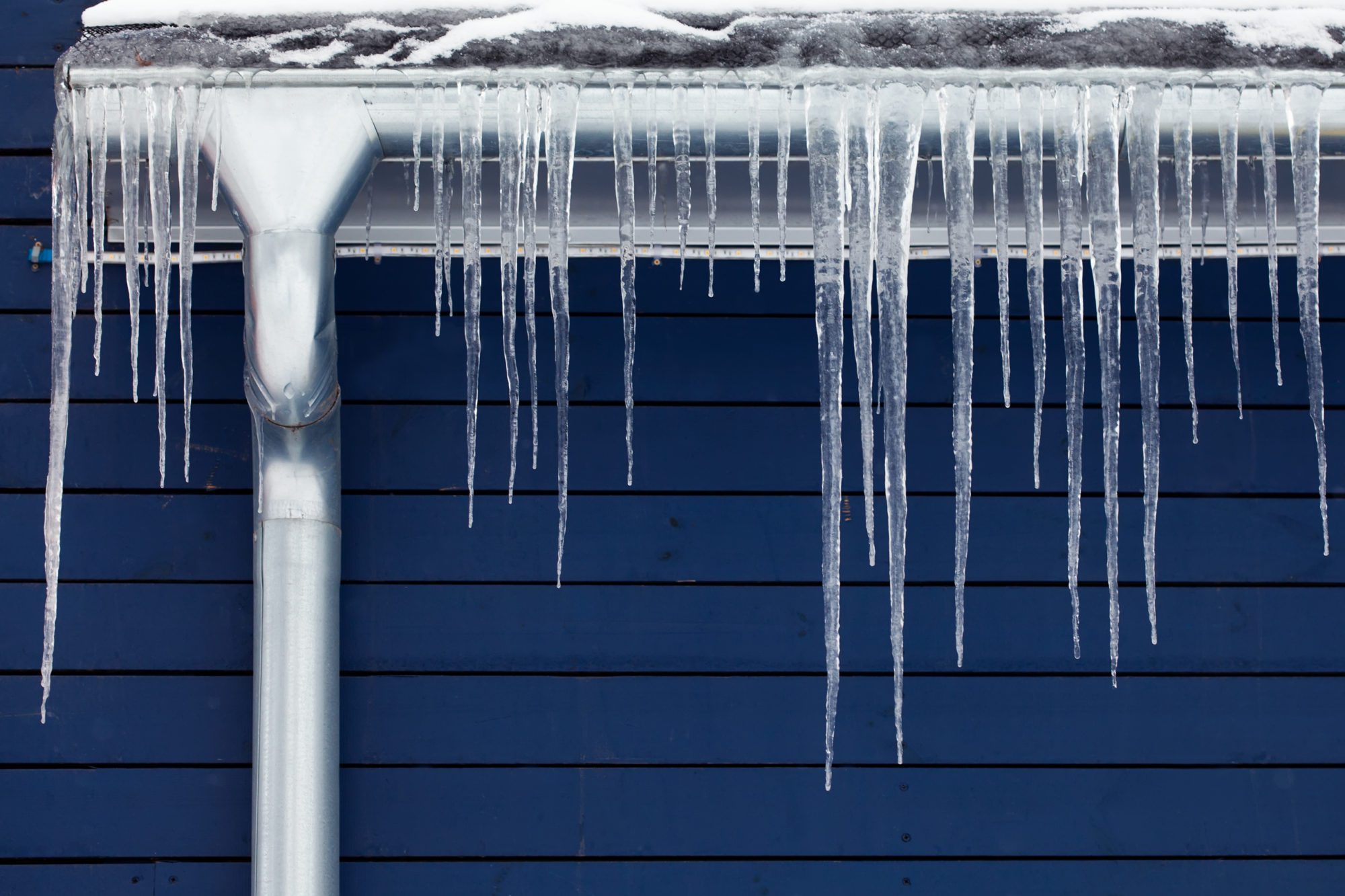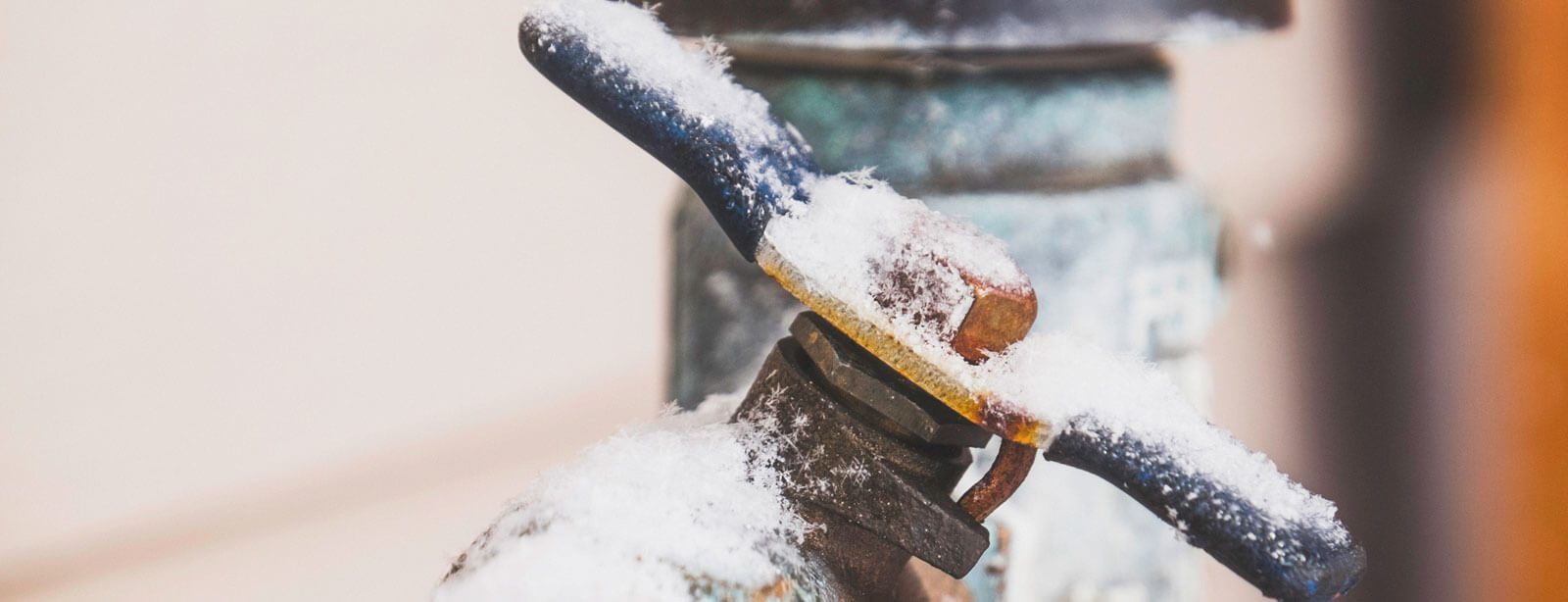Ways to Maintain Your Pipes from Freezing Issues: Crucial Advice
Ways to Maintain Your Pipes from Freezing Issues: Crucial Advice
Blog Article
Just about every person seems to have their own perception about Preventing and dealing with frozen pipes.

Winter can damage your plumbing, specifically by freezing pipes. Here's just how to avoid it from happening and what to do if it does.
Intro
As temperatures decline, the risk of icy pipes boosts, potentially causing costly repair services and water damages. Comprehending just how to prevent frozen pipelines is crucial for house owners in cool climates.
Comprehending Frozen Pipelines
What creates pipelines to freeze?
Pipes freeze when subjected to temperature levels listed below 32 ° F (0 ° C) for expanded durations. As water inside the pipes ices up, it broadens, putting pressure on the pipeline walls and possibly causing them to break.
Risks and damages
Frozen pipelines can lead to water disruptions, property damage, and costly fixings. Burst pipes can flood homes and trigger considerable architectural damage.
Signs of Frozen Pipeline
Determining icy pipelines early can avoid them from breaking.
Just how to recognize icy pipes
Look for decreased water flow from taps, uncommon smells or sounds from pipes, and noticeable frost on revealed pipelines.
Prevention Tips
Insulating susceptible pipelines
Cover pipes in insulation sleeves or use warmth tape to shield them from freezing temperature levels. Focus on pipes in unheated or external locations of the home.
Home heating strategies
Keep indoor rooms effectively heated up, especially locations with plumbing. Open up cabinet doors to permit warm air to flow around pipes under sinks.
Shielding Outside Pipes
Garden tubes and outside taps
Disconnect and drain pipes yard hose pipes prior to winter season. Install frost-proof faucets or cover outside taps with protected caps.
What to Do If Your Pipelines Freeze
Immediate actions to take
If you think icy pipes, keep taps open to soothe pressure as the ice melts. Utilize a hairdryer or towels taken in warm water to thaw pipelines slowly.
Long-Term Solutions
Structural modifications
Take into consideration rerouting pipelines away from exterior walls or unheated areas. Add extra insulation to attics, basements, and crawl spaces.
Upgrading insulation
Invest in premium insulation for pipes, attics, and walls. Proper insulation aids keep regular temperature levels and lowers the danger of frozen pipes.
Conclusion
Preventing icy pipelines needs proactive procedures and quick responses. By understanding the reasons, indications, and preventive measures, homeowners can secure their plumbing throughout cold weather.
Helpful Tips to Prevent Frozen Pipes this Winter
UNDERSTANDING THE BASICS: WHY PIPES FREEZE AND WHY IT’S A PROBLEM
Water freezing inside pipes is common during the winter months, but understanding why pipes freeze, and the potential problems it can cause is crucial in preventing such incidents. This section will delve into the basics of why pipes freeze and the associated problems that may arise.
THE SCIENCE BEHIND FROZEN PIPES
When water reaches freezing temperatures, it undergoes a physical transformation and solidifies into ice. This expansion of water as it freezes is the primary reason pipes can burst. As the water inside the pipe freezes, it expands, creating immense pressure on the walls. If the pressure becomes too great, the pipe can crack or rupture, leading to leaks and water damage.
FACTORS THAT CONTRIBUTE TO PIPE FREEZING
Low Temperatures: Extremely cold weather, especially below freezing, increases the risk of pipes freezing. Uninsulated or Poorly Insulated Pipes: Pipes located in unheated areas, such as basements, crawl spaces, or attics, are more prone to freezing. Insufficient insulation or lack of insulation altogether exacerbates the problem. Exterior Wall Exposure: Pipes running along exterior walls are susceptible to freezing as they encounter colder temperatures outside. Lack of Heating or Temperature Regulation: Inadequate heating or inconsistent temperature control in your home can contribute to frozen pipes. PROBLEMS CAUSED BY FROZEN PIPES
- Pipe Bursting: As mentioned earlier, the expansion of water as it freezes can cause pipes to burst, resulting in significant water damage.
- Water Damage: When pipes burst, it can lead to flooding and water damage to your property, including walls, ceilings, flooring, and personal belongings.
- Structural Damage: Prolonged exposure to water from burst pipes can compromise the structural integrity of your home, leading to costly repairs.
- Mold and Mildew Growth: Excess moisture from water damage can create a favorable environment for mold and mildew growth, posing health risks to occupants.
- Disrupted Water Supply: Frozen pipes can also result in a complete or partial loss of water supply until the issue is resolved.
WHY CERTAIN PIPES ARE MORE PRONE TO FREEZING
- Location: Pipes located in unheated or poorly insulated areas, such as basements, crawl spaces, attics, or exterior walls, are at higher risk of freezing.
- Exterior Pipes: Outdoor pipes, such as those used for irrigation or exposed plumbing, are particularly vulnerable to freezing as they are directly exposed to the elements.
- Supply Lines: Pipes that carry water from the main water supply into your home, including the main water line, are critical to protect as freezing in these lines can affect your entire plumbing system.
- Underground Pipes: Pipes buried underground, such as those connected to sprinkler systems or outdoor faucets, can be susceptible to freezing if not properly insulated.
https://busybusy.com/blog/helpful-tips-to-prevent-frozen-pipes-this-winter/

I ran across that page about How To Avoid Freezing Pipes when doing research the web. In case you enjoyed reading our article if you please don't forget to share it. We enjoy reading our article about 6 Ways to Prevent Frozen Pipes.
Book Your Appointment Report this page